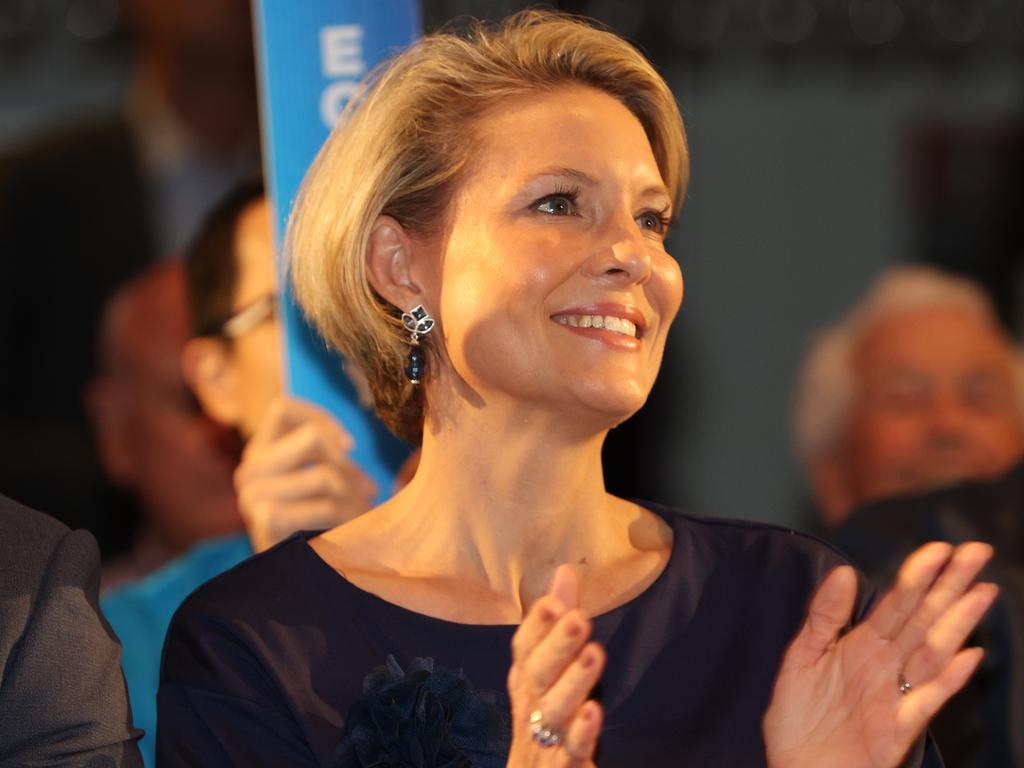
If, as the polls suggest, Scott Morrison loses to Anthony Albanese, this will retrospectively validate every act of prime ministerial genocide of the past 15 years.
In every case, a ruthless party rid itself of a sitting prime minister because it thought they would lose the coming election. Every time a newbie PM ran who had not previously faced an election, they won.
Labor hardheads replaced Kevin Rudd with Julia Gillard and hung on to government. Subsequently replacing Gillard with a resurrected Rudd didn’t produce victory for Labor but did restrict its losses. Liberals thought Tony Abbott as PM would lose so replaced him with Malcolm Turnbull, who won, albeit narrowly. They then thought Turnbull would lose and replaced him with Morrison who also won, also narrowly. New leaders offered celebrity novelty and amorphous hope without an inconvenient record.
If Morrison loses, all the past leadership decapitations, with their crippling cultural fallout, are validated as effective political choices. Morrison is the first PM to lead his government to a second successive election since John Howard in 2007, the first PM to be elected for the first time and make it through to the next election since Howard in 1998, and the first PM to succeed a colleague in government, win an election and go to the next election as PM since Paul Keating in 1993.
Man and boy, I’ve watched elections a long time. The campaigns of both leaders this time remind me irresistibly of Billy McMahon in 1972. McMahon had no theme. His launch was held in a TV studio without an audience and went, in seconds, to charts and tables about how many dollars he was going to offer to which segments of voters through concessions and grants.
Gough Whitlam, by contrast, had a grand theme of national transformation. Let me hasten to say I think Whitlam, a more impressive individual than McMahon, was nonetheless the worst prime minister Australia ever had.
Morrison and Albanese likewise have no theme. This is one big reason minor parties and independents, with their single-issue narratives and edge of formless discontent and fantasy, are doing so well. If no grand narrative is offered, much less believed, voters are more likely to indulge emotionalism, conspiracy theory and general angst. This is a more important failing for government than opposition. Howard, in 1996, offered only the vision that Australians should feel “relaxed and comfortable”.
The Morrison government has tried to neutralise rather than win contentious arguments. You can’t fight all battles but, as the great Fonzie once told Richie Cunningham, you’ve got to fight at least once. It’s hard to think of a single issue the Morrison government has fought for. In Britain, Boris Johnson fought for Brexit as part of a narrative of national sovereignty. He didn’t try to split the difference. He won a smashing victory and a fourth term for the Conservatives. He has gone directionlessly off the rails since
In 2016, Donald Trump offered, essentially, trade mercantilism and nationalism. He won a hotly contested election. He, too, went of the rails subsequently.
It’s not as if the Morrison government stands up for values. The Morrison government is interested in the culture wars only at election time. For people who care about these issues, doing nothing for three years, then conducting a little campaign dance with no real world meaning, doesn’t cut it.
You can make a case for the Morrison government in three areas – the pandemic, the unemployment rate and China. On the pandemic, we have had a low death rate. We achieved this by ruthlessly shutting our borders and imposing the most stringent lockdowns in the democratic world. A lot of people judged the lockdowns too onerous. There were failures in not getting vaccines quickly and not building quarantine facilities. The government partly sacrificed the conservative brand of liberty.
Unemployment is low because we have spent grotesque amounts of money extremely ineffectively and because commodity prices are strong. The government sacrificed another conservative brand of prudent management of public money. On neither the pandemic nor the economy is the electorate pinning medals on the government’s chest.
On China, the government has two serious achievements: it resisted Beijing’s intimidation and it internationalised the question of Beijing’s coercion of Australia. Like most good things in Australian foreign policy, this was a question of the US coming to our aid. The Quad and AUKUS are American favours to Australia or, rather, a case of US interests coinciding with ours. So far, the Quad and AUKUS are almost entirely symbolic. They have not delivered anything of substance yet. The promise of nuclear-powered submarines remains a distant and uncertain promise.
But the symbolism of great powers aligning with Australia is important symbolism, so it’s a big achievement. But on the one question of substance the government controls – our military capability – it has been a dismal failure. The Morrison government is good at PR and announcements and poor at substance.
We don’t get a new surface combat vessel until the early 2030s at best. We already suffer a grave capability gap in our submarine fleet. We were meant to be almost taking delivery of new subs now. We will not get the eight nuclear-powered boats before the 2050s at best. We have no armed drones. We have no significant force of land-based missiles. The announced increase in the size of the Australian Defence Force is many years away and does no more than keep pace with population increase. We could end up with a smaller defence force, per capita, than we had under Labor.
This indicates that all the rhetoric about China is hollow, existing mainly for symbolic and electoral purposes. Relentless talk of war and red lines with China is deeply ill advised. It’s one thing to level with the electorate over the difficulties ahead. It’s another to constantly prod an unreasonable superpower just to keep demonstrating it’s unreasonable and you’re not scared. The government is not engaging in this rhetoric to prepare people for the sacrifices and expenses we must make to defend ourselves. Beyond cyber warfare, it is not doing anything of consequence at all to provide relevant military capability in a relevant time frame.
You cannot make up for a lack of substance with an extravaganza of style. This campaign has lacked both substance and style. Many good things in life are dull; drinking more water and so on. Some things, such as daytime TV and this election campaign, are just dull, with no redeeming features much at all. And they can be deeply unhealthy.







The Nine Network leaders’ debate perfectly reflected the emptiness of our political culture: shouty, futile, free of substance, with even its faux hostility confected as a kind of reality TV, sub-Trump performance.